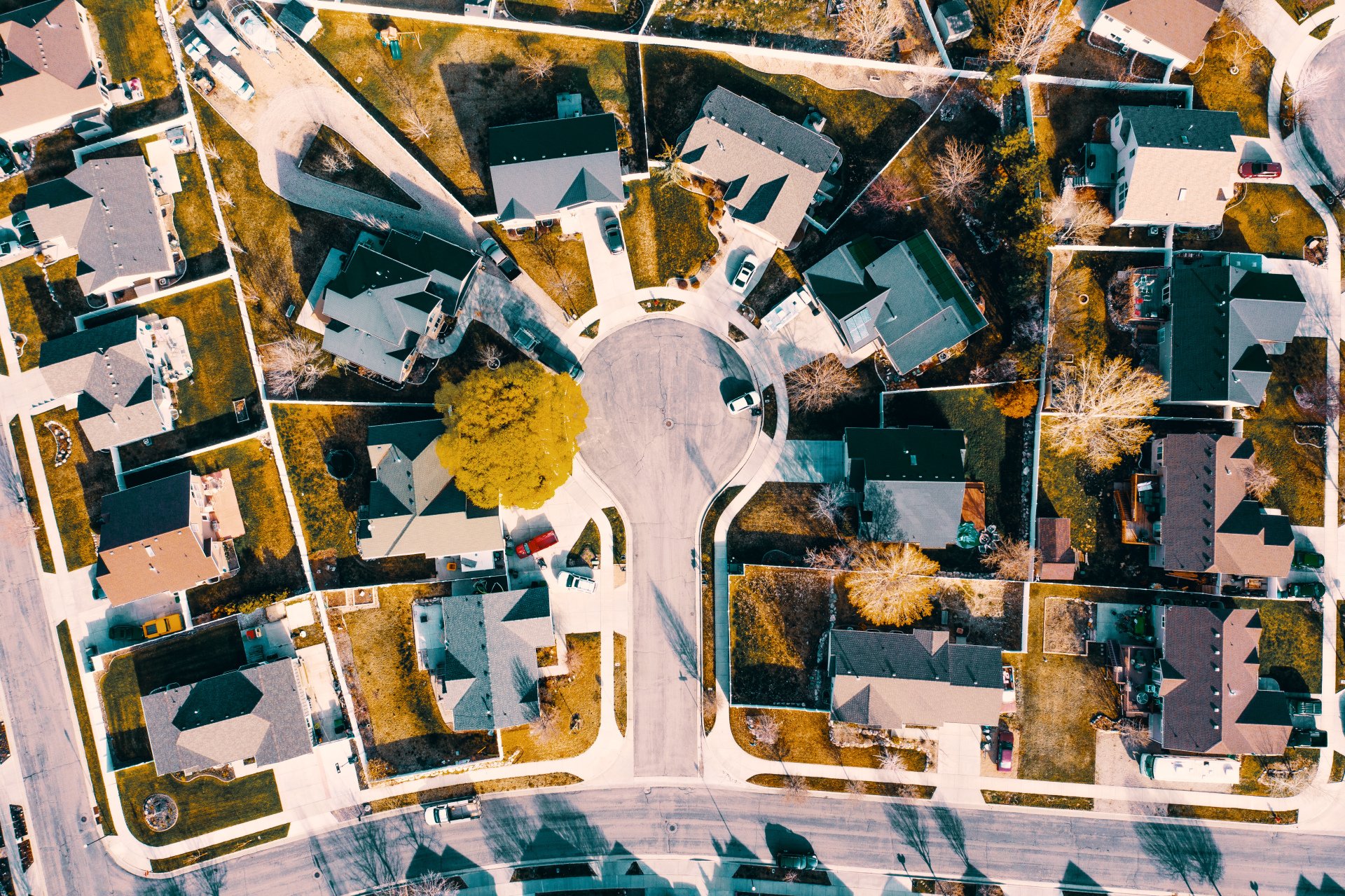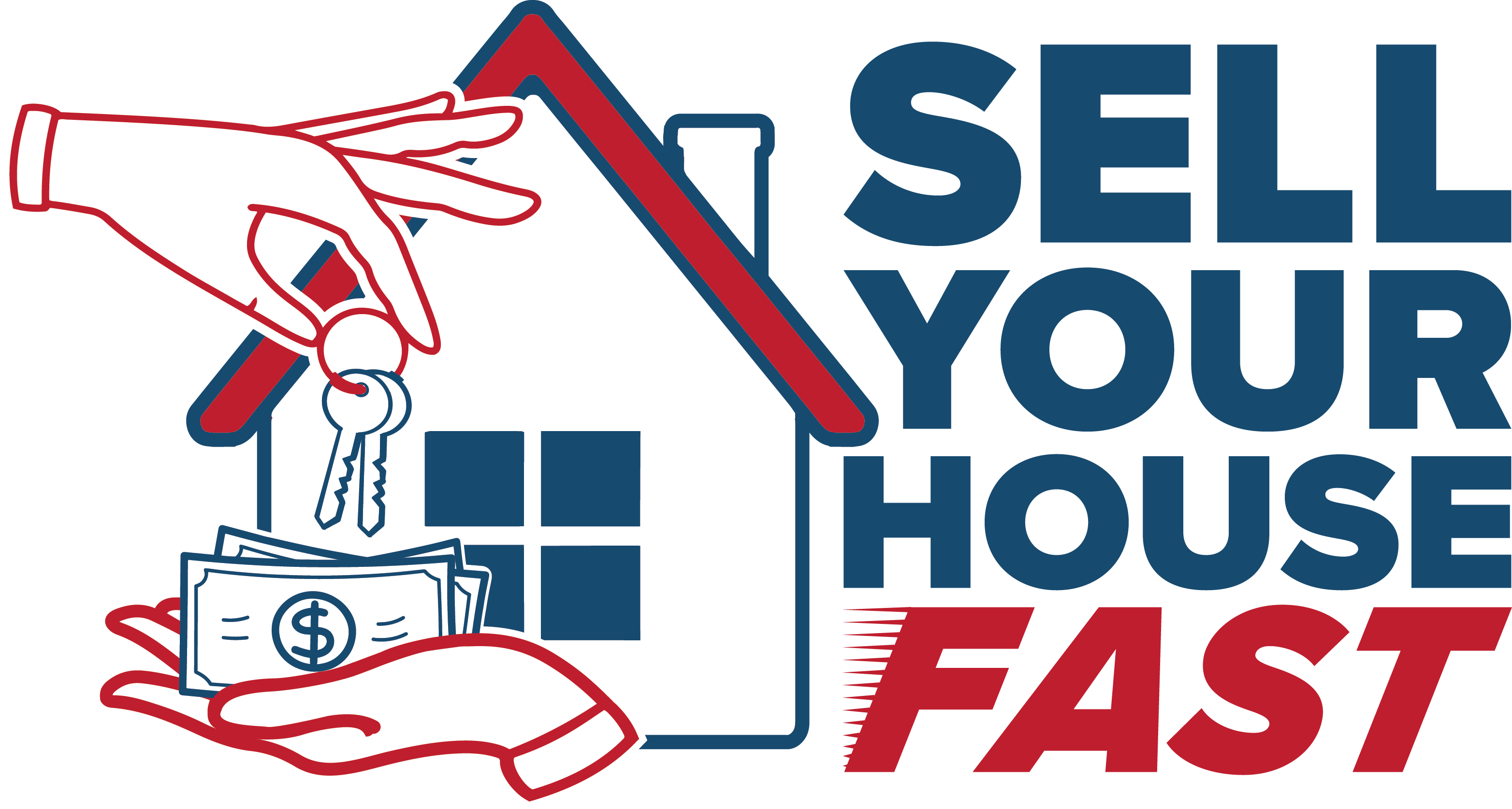The United States’ economy is something that affects every American citizen on a daily basis. When the economy is growing, so is the average American’s wallet. And when the economy is declining, well, Americans are struggling – unfortunately, this is often the case in today’s society.
Many people have a love-hate relationship with the economy – they love it when things are going well, but hate it when things go south. It can instill a great amount of confidence in the average American, but it can also instill an enormous amount of fear and worry at certain times.
Of all the things that factor into the economy today, the housing markets are one that receives a lot of attention. The two are very closely related and it all trickles down to the livelihood of the average American citizen. Don’t worry, we’re going to break down everything you need to know!

So, how does the housing market affect the economy?
The housing market is directly responsible for roughly 15-18% of the GDP – gross domestic product, one of the main measurements of economic activity. Residential investments and consumption spending on housing services make up a large bulk of that responsibility.
In general, house prices affect the economy in five major ways. Let’s take a closer look:
- Spending – when housing prices increase, homeowners are encouraged to spend more as their wealth increases. When those same prices decrease, they avoid spending.
- Jobs – the housing industry (real estate, brokers, staging, landscaping, moving services, etc.) employs millions of people every year. When things are good, jobs are up. When things are bad, jobs are down.
- Debt – when consumer spending increases (in this case, as a result of rising house prices), debt is likely to increase as homeowners are encouraged to borrow more.
- Lending – when homeowners are borrowing more, banks are encouraged to lend more without the risk because they can recoup losses when a homeowner defaults on payments.
- Construction – a rise in home prices encourages developers and new homeowners to build new homes. They’ll likely see a good return on their investment when done right.
Anyone who owns a home should have a close eye on the real estate market and the economy in general. In many ways, owning a home is an investment and even a lifeline to some. When things are good, it can be a major source of income. When things aren’t, it can spell trouble.

What Happens When House Prices Rise?
When real estate prices rise, homeowners rejoice and home buyers grow frustrated. Since a majority of American homeowners’ wealth is tied to their homes, rising house prices equates to rising wealth. This increases a homeowner’s confidence when spending and borrowing.
This is often known as the ‘wealth effect.’ When your house is worth more, you’re worth more. When you’re worth more, you spend and borrow more. When you spend and borrow more, the economy grows. The confidence stems from having your home as an emergency savings.
Those that are living in their home will spend more on other products and services. Those that are looking to sell their home will be more incentivized to do so. And those that are looking to buy a home will likely hesitate and find a temporary solution until house prices decline again.

What Happens When House Prices Fall?
When housing prices decline, homeowners start to panic and homebuyers begin to shop. As we mentioned above, a majority of the wealth of the average American is tied to their home. A decline in housing prices means a decline in wealth, which often results in cautious spending.
Since most Americans don’t buy their home in cash, they have a mortgage they must pay off over time. If housing prices start to decline, many homeowners worry that their current house value will dip below what they owe and what they already spent on the home through the years.
This will spur economic growth because people won’t be spending, they won’t be borrowing, and they’ll often stress over the thought of defaulting on their payments. At the same time, it’s a good time for homebuyers to buy low – either to live in or to use as an investment for the future.

Why Do Housing Prices Fluctuate?
Much like any other product or service on the open market today, housing prices are almost always directly linked to the supply and demand phenomena. When supply is abundant, housing prices tend to decrease. When demand is at a peak, housing prices tend to increase.
Some of the underlying factors to housing prices fluctuating are economic activity (when the economy is thriving, housing prices rise), mortgage interest rates (when interest rates are low, demand increases, and housing prices follow), and location (prices aren’t the same everywhere).
While there’s not a lot you can do about the rising and falling house prices – a lot of the factors are out of your control – you can shape your decisions to fall in line with the fluctuating prices. Just like the stock market, people in the real estate industry want to buy low and sell high – and a lot of that will depend on the economy.

Are You Looking to Sell Your Home?
Did you know there were over six million housing transactions in the United States in 2021? Those numbers are an increase from 2020 and while many experts predict a slight decline in 2022, they also expect it to rise in 2023. Either way, that’s a lot of homes being sold annually.
For those that are looking to sell their home in 2022 or beyond, there’s no shortage of options available to you. And while most people will elect to go the traditional route, some people need to sell fast. If this sounds like you, then Sell Your House Fast Kansas City is here for you.
We understand that sometimes people need a fast, fair, honest, and no-obligation cash offer for their home. No matter what the condition, no matter what the reason for selling, we’re ready and willing to send you a cash offer that falls in line with the current housing market and economy.



